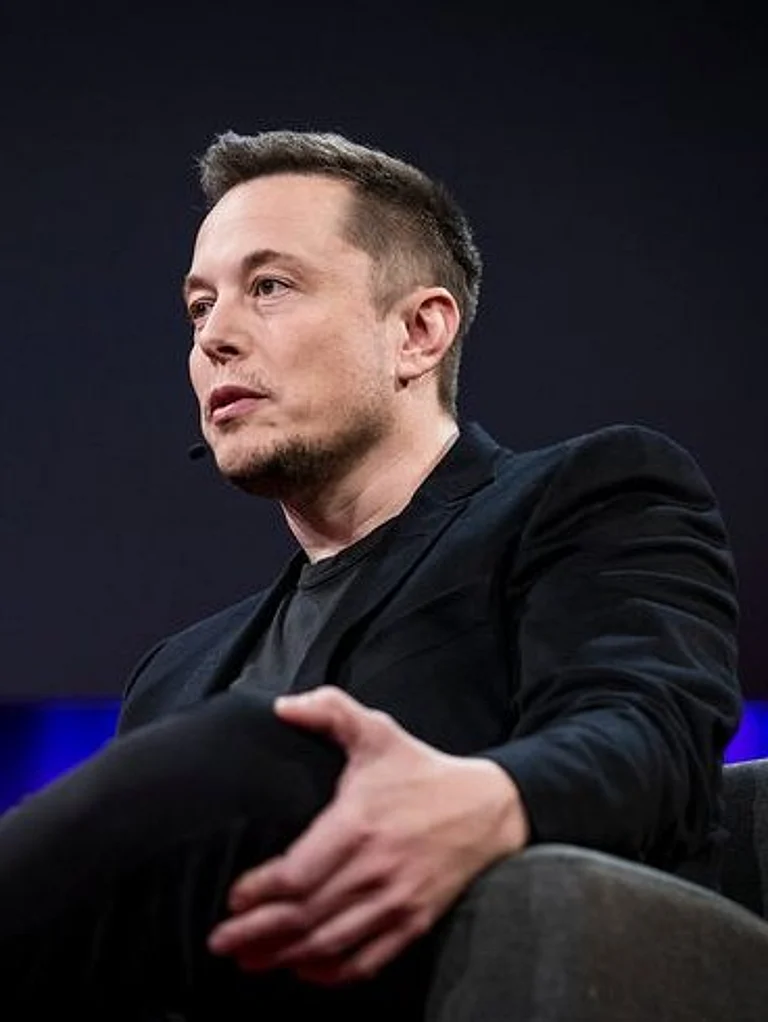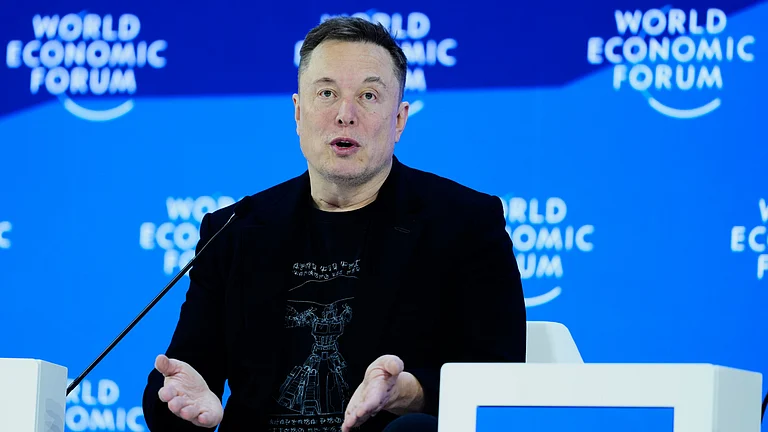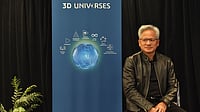The fierce row over Indian immigrants and H-1B visa has divided Donald Trump’s key supporters into two factions --- one is MAGA (Make America Great Again) and the other is DOGE (Department of Government Efficiency). Elon Musk and Vivek Ramaswamy, who are slated to lead the proposed cost-cutting agency, have voiced strong support for the visa program and emphasised its importance to the US tech industry. On the other hand, MAGA stalwarts like Steve Bannon and Laura Loomer accused the “billionaire tech bros” of having little interest in working for the welfare of Trump base.
This entire debate surfaced on X (formerly Twitter) after Trump appointed Sriram Krishnan as the Senior Policy Advisor for AI at the Office of Science and Technology Policy. Krishnan, an Indian-born venture capitalist who has always supported the H-1B visa program, has advocated the removal of country caps for green cards to unlock the skilled immigration. And Musk was not away from the ongoing debate on the same. He escalated the argument and defended the H-1B visa program, vowing to “go to war” on this issue. He also called the visa process “broken” and in urgent need of “major reform”.
In simple words, Musk argued that foreign workers were needed for tech companies like SpaceX and Tesla, and “H-1B visa made America strong”. But the opponents claim that H-1B visa holders are taking away the jobs of laid-off American tech workers. The heated argument directly targets Indian immigrants because they receive the most of H-1B visas (72.3 per cent of total number in FY23) and makes a significant contribution to the US tech ecosystem, including start-ups.
Indian Start-ups Fueling America's Tech Boom
Indians have remarkably impacted the US start-up ecosystem as 72 out of 358 unicorns valued at billion-dollars are led by Indians in America, according to a Indiaspora report, as quoted by The Times of India. This figure accounts for about 20 per cent of immigrant-founded unicorns in the US, highlighting the role of Indian-origin entrepreneurs to the America’s tech landscape.
Of these 72 unicorns, 44 falls under enterprise tech category, followed by nine in consumer retail, seven in financial services, five in healthcare services, and four in industries. Collectively, these Indian-led unicorns are valued at over $195 billion and provide employment opportunities to 55,000 people. They have become symbols of a new kind of America Dream --- one that speaks in the languages of venture capital, code, and a diaspora’s insatiable drive for success, the report noted.
Several Indian start-ups, including Freshworks, Ola, InMobi, Hike, and CleverTap have gained recognition in the US by expanding internationally and establishing offices in key American cities to attract top-tier talent.
Indian entrepreneurs are using degrees from prestigious institutions like Stanford and MIT to launch ventures that span diverse fields like artificial intelligence and fintech. PhonePe and Dream11 are prime examples of US-educated Indian founders turned their aspirations into realities in India. The report added that around 78 per cent of Indian-Americans hold at least a bachelor’s degree, more than double the US national average of 36 per cent. Their focus on education and achievements has taken them to leadership roles across the world.
Even in 2023, 500 Fortune companies had Indian-origin CEOs --- from Microsoft’s Satya Nadella to Alphabet’s Sundar Pichai. The increasing prominence of Indians in corporate America is more than just a statistical anomaly; it reflects the type of leadership the modern business world demands.
Illegal Immigration & The Indian Tech Connection
Indian-origin CEO and cofounder of Perplexity AI Aravind Srinivas recently met Prime Minister Narendra Modi during his visit to India. The Chennai-born entrepreneur discussed the potential for the adoption of artificial intelligence in India, while PM Modi appreciated the “great work” done by Perplexity AI in the United States.
Speaking about the H-1B visa issue, Srinivas told The Economic Times that illegal immigration is the real issue, not the H-1B visa program
. During the layoff period, Indians also lost their jobs in America, so the government should cut down the number of illegal immigrants, he said.
He called it “unfair” to drag Sriram Krishnan in the debate, saying people should rather feel good about “someone with high caliber as Sriram influencing AI”.
The H-1B visa is a non-immigrant visa that allows US companies to employ foreign workers in specialty occupations that require theoretical or technical expertise. Technology companies depend on it to hire tens of thousands of employees each year from countries like India and China. The tech industry has long called for more H-1B visas to attract highly skilled workers to the US.
Earlier this month, the United States reportedly announced some changes to the H-1B visa program which allows entrepreneurs to apply for an H-1B visa through their own businesses, as per Business Standard report. This change will likely open up more opportunities for entrepreneurs seeking to bring their expertise to the US.
On contrary, HCL cofounder Ajay Chowdhury had told Outlook Business that Trump will be stricter in terms of immigration policy, despite the fact that 40 per cent of top companies in America are led by Indians. Hence, it will be interesting to see what will be Trump’s stance on immigration and the impact it may have on the H-1B visa program.
































